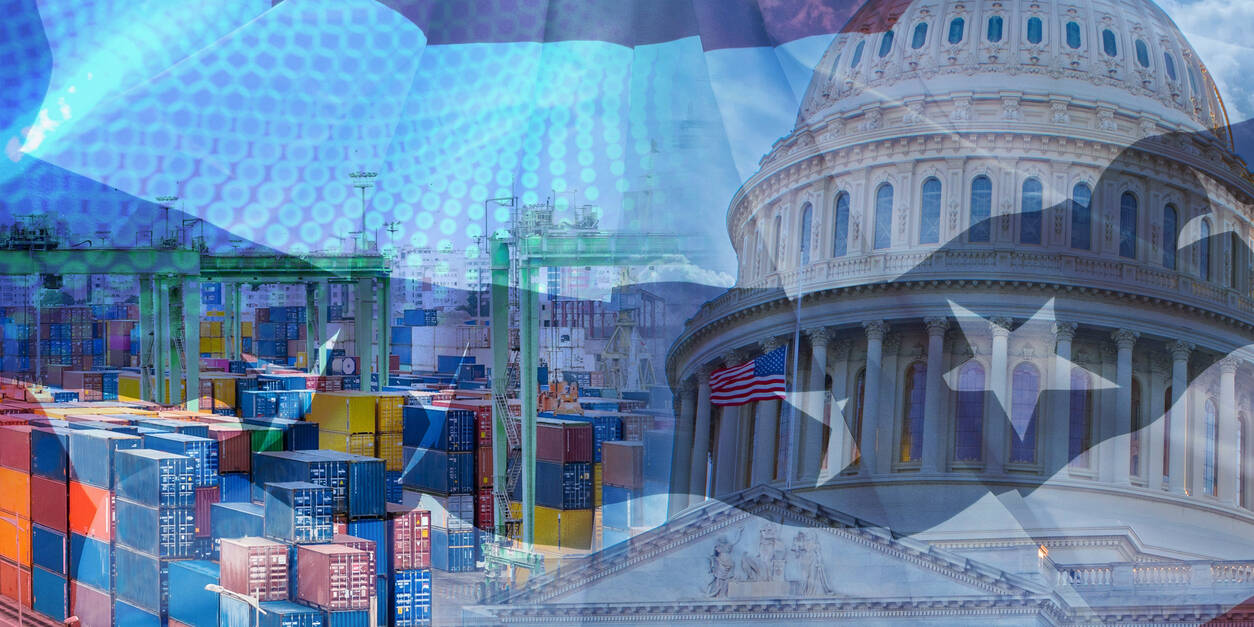With some proactive customs planning, we can significantly reduce your duty spend.
Double Duty arises when imported goods from outside the UK are re-exported. A typical example would be a company importing parts from China which are then sold to a European customer. Before the UK left the EU, companies would not pay duty on the EU element of this chain. However, Post-Brexit, businesses are exposed to a double duty payment. This will either be absorbed by the company or companies will pass increased costs onto their clients. The implications of taking no action v. strategic planning with either a customs warehouse or inwards processing can seriously impact cash flow and profitability.
Hopes that the UK/EU Free Trade Agreement would remove tariffs on movements between them were over-optimistic. We can now see the application of this agreement runs to 2555 pages, and comes with several conditions and only supports limited tariff-free access.
For example, imports of some car parts typically require 65% local EU content, and any UK content does not count in the calculation.
Many companies use a combination of customs regimes and reliefs to remove the Double Duty hit. For example, you can only carry out simple processes in a Customs Warehouse. Goods can only remain in Inward Processing for a short period. So, businesses often apply for Inward Processing together with Customs Warehousing to create a virtual free port. Such planning enables them to reduce duty costs, but also save money on HMRC charges, as well as giving themselves the freedom to freely import and export their goods as they see fit.
This is not for every business and is a complex and lengthy undertaking but in the appropriate situation, it brings many advantages.
Both options are HMRC-approved. However, they are administratively burdensome to implement and incredibly complex. You are effectively inviting the tiger in for tea when applying, so we advise reviewing the customs process, systems, and procedures as a critical prelude.
Your Customs Landscape
We strongly advise that companies seek advice when looking into tariff relief schemes as this is an incredibly complex process with plenty of beartraps waiting for those who are ill-advised. In our experience, it is necessary to understand all the options and elections you can make to implement planning that maximises the scope of any savings and minimises the amount of time, effort and risk involved. We can help you by reviewing your current position.
A Double Duty hit can severely impact your business. Find out how we can help with a free, no-obligation call with Adam Wood.
Put your business back in control.

Get in Touch
The Hop Merchant
21 Sansome Street
Worcester
WR1 1UH
Related Posts
8 April 2025
The Hidden Customs Risks That Could Derail Your M&A Deal
Why overlooked customs operations can…
3 April 2025
Liberation Day Tariffs: What UK Businesses Need to Know
The reintroduction of sweeping US…
24 March 2025
Importers … Can You See What HMRC Sees? Unlocking Your Customs Data
Many businesses trust that their…


